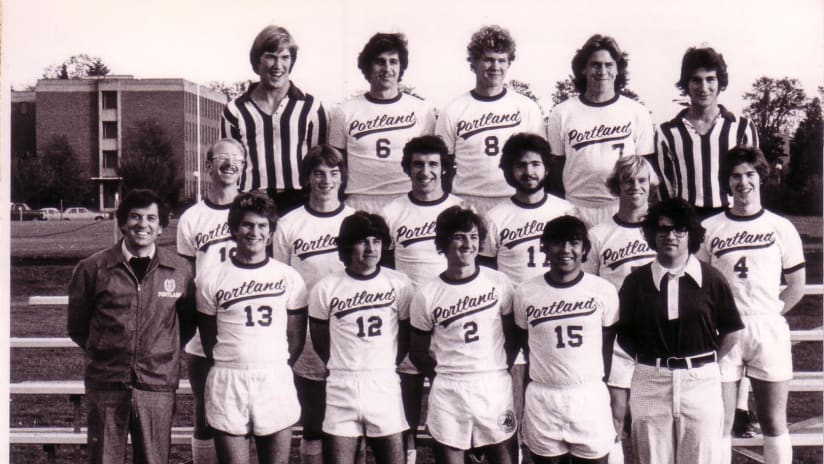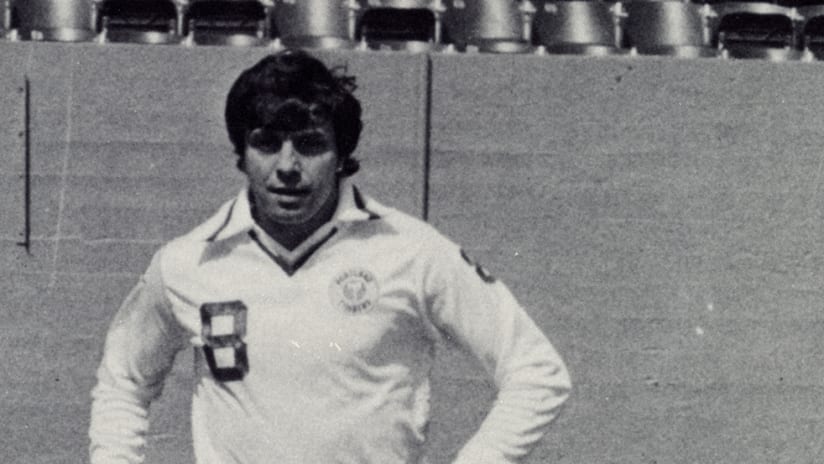History
West Bromwich Albion was founded in 1878 and has spent most of their existence as a top tier club in English soccer. In 1888 West Brom became one of the founding members of The Football League and have claimed England’s FA Cup five times since 1888.
West Brom’s best season came after the end of World War One in 1919-20 when they won the only league title in team history. The 104 goals and 60 points posted by West Brom in that championship season both shattered previous league records.
The 1950s and “The Team of the Century”
The finest stretch of West Brom soccer came in the 1950s; a decade in which the club was never relegated and saw three consecutive top five finishes at the end of the decade. The most notable club from that decade came in the 1953-54 season when West Brom almost became the first club in the 20th century to win the FA Cup and the league title in the same season. West Brom took home the FA Cup, but fell short at the end of the league season finishing as the runners-up; archrival Wolverhampton Wanderers took home the league title that season.
Although the 1953-54 season didn’t end with another championship for West Brom, the club was still labeled as “The Team of the Century” and some British media members even lobbied to have West Brom represent England in the World Cup.
Recent History
Since being promoted to the English Premier League in 2001, West Brom has spent six of the last ten seasons playing amongst England’s top-flight competition. The most notable win during that time span came on the 15th of May in 2005, better known as “The Great Escape.” West Brom defeated Portsmouth 2-0 and became the first English club ever to avoid relegation after being in last place as late as December.
Rivalries
West Brom’s most historical rival is Aston Villa from the nearby city of Birmingham. The two rivals faced each other in three consecutive FA Cups during the late 1800s; however, the Wolverhampton Wanderers have recently emerged as public enemy number one to West Brom supporters.
The match known as the Black Country Derby has taken place more than 150 times; and has often played a major role in determining promotion and relegation. The rivalry between West Brom and Wolves has become so intense on both sides that in 2008 The Football Pools went as to call it the fiercest rivalry in English football.
In recent history the Black Country Derby has taken on its own Red Sox/Yankees proportions. West Brom sold highly touted striker Steve Bull to Wolves in 1986 after scoring three goals in just five games for West Brom. Bull went on to score 250 goals in his career with Wolves.
Nicknames
West Brom was referred to as “The Throstles” in the club’s early days, but the most popular nickname amongst West Brom supporters is “The Baggies.” The exact origins of the nickname are unknown. One theory suggests that Aston Villa started calling them “The Baggies” because of the baggy work attire many West Brom supporters donned while working in the factories of the Black Country. However, West Brom historian Tony Matthews believes the nickname refers to the club’s original bag boys, who carried the club’s equipment in large black leather bags through the turnstiles at West Brom matches.
Past Greats
William Richardson
Often referred to by his nickname “Ginger,” starred at center forward for West Bromwich from 1929-1945, scoring 202 goals in 320 career appearances for the Baggies. He’s famous for scoring four goals in five minutes for Albion against West Ham United in 1931. His 39 goals for West Bromwich in the 1935-36 season still stand as the WBA record for top scorer in the top division of the English Football league. He perished in a car crash at age 49.
Bryan Robson
Played midfield for West Bromwich from 1974-1981. He is best known for playing in midfield for Manchester United, where he was the longest serving captain in club history. He also managed the Baggies from 2004-2006.
Ronald "Ronnie" Allen
A center forward who played for West Bromwich from 1950 to 1960, scoring 208 goals in 415 career appearances for the club. He also won five caps for the English national team before becoming a manager both at the club and international level.
Anthony 'Tony' Brown (nicknamed “Bomber”)
Played as a wing and an inside forward after joining West Bromwich Albion as a youth in 1961 and turning pro in 1963, remaining with the club until 1980. Brown was an integral part of an Albion team reputed as a successful cup side, winning the 1966 Football League Cup Final and the 1968 FA Cup Finaland finishing as runners-up in the League Cup in 1967and 1970. He scored 279 goals in 720 competitive games for Albion, both club records.
Laurence Paul "Laurie" Cunningham
Played left winger for West Bromwich Albion from 1977-1979. He became the first black player to represent the England national team at any level and the first English player to play for Real Madrid in La Liga.












